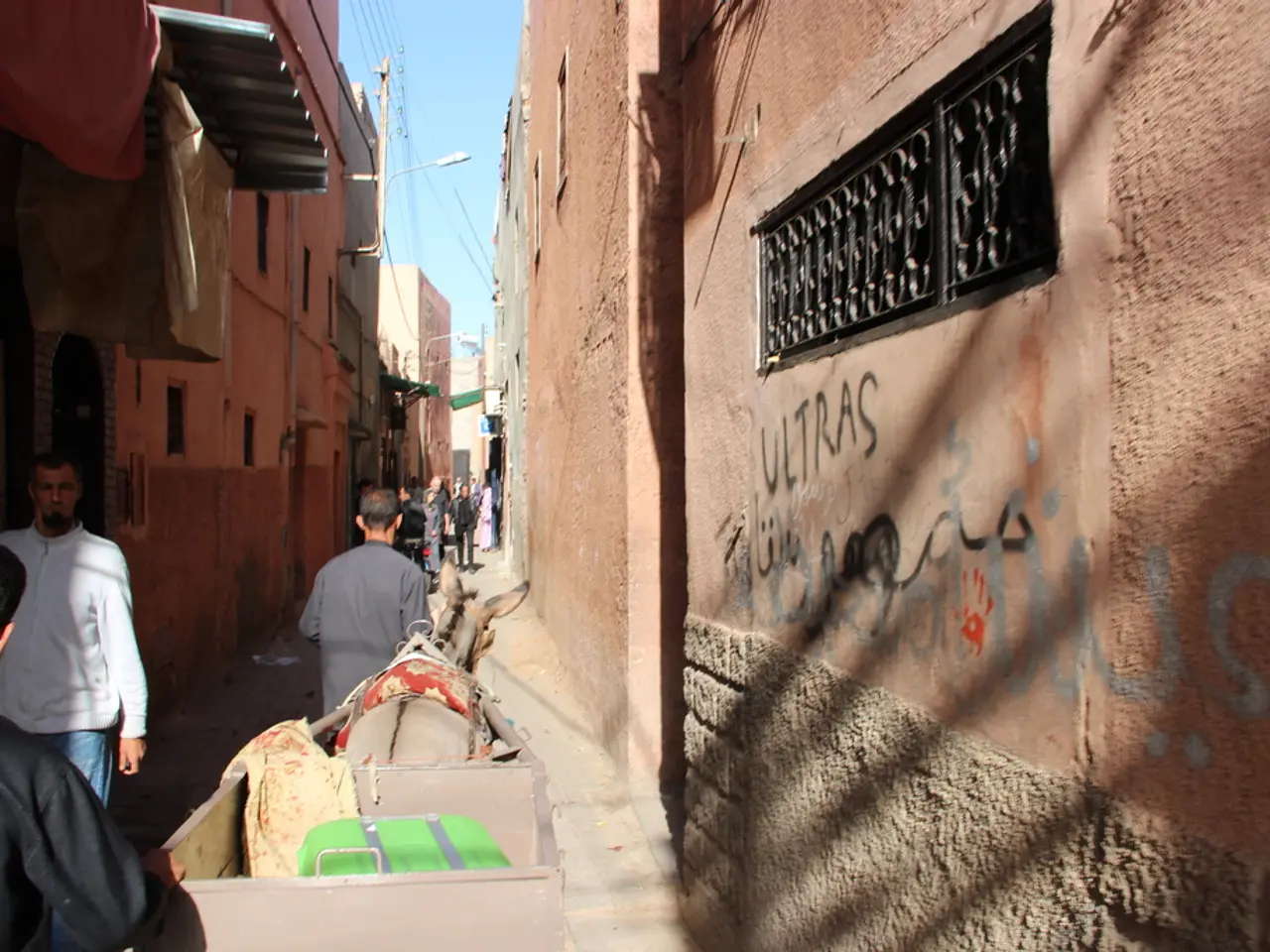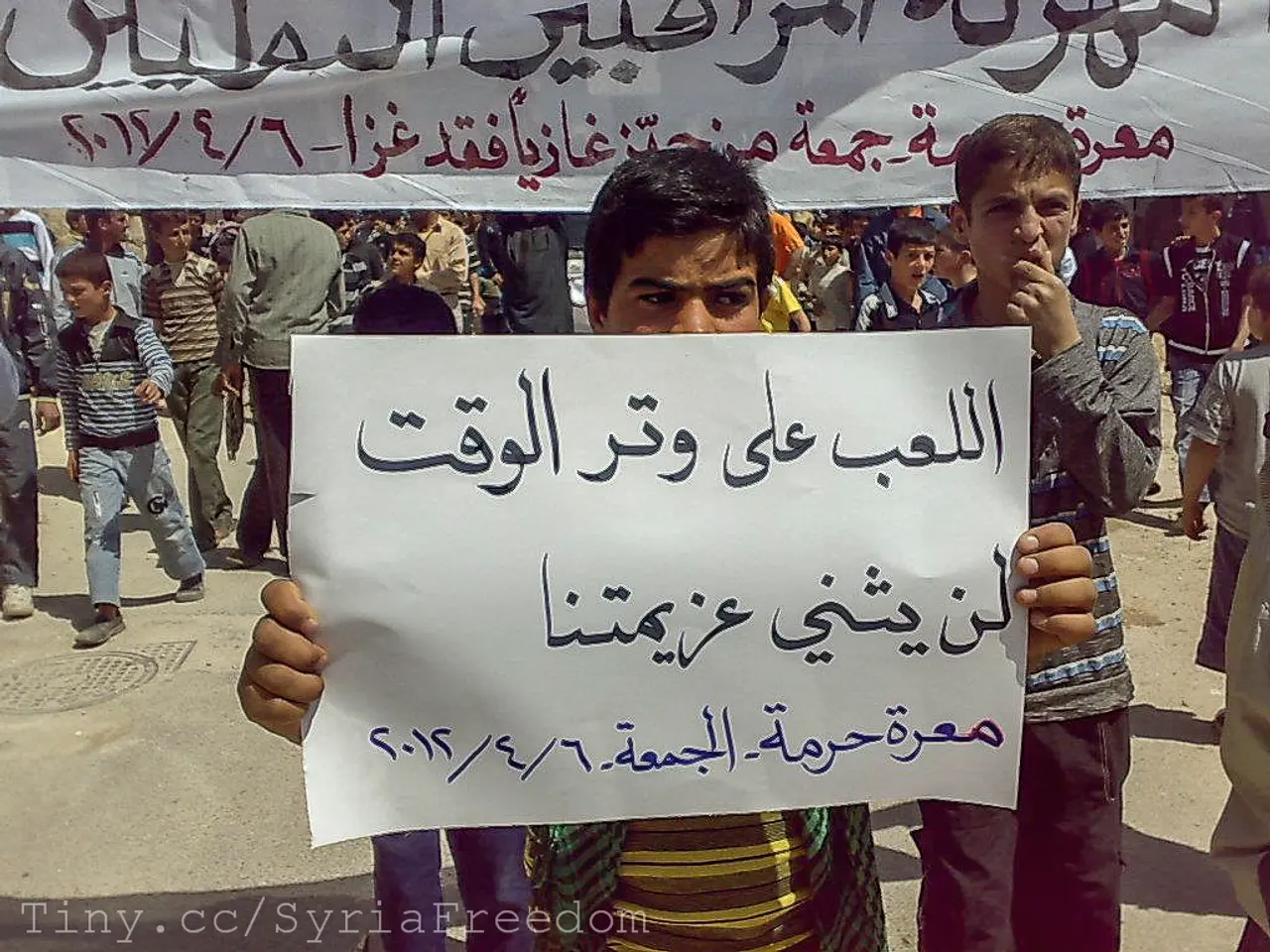Residence return restrictions lifted in Surin following Thailand-Cambodia ceasefire accord
In the aftermath of a violent border conflict that escalated in late July 2020, residents in Surin Province, Thailand, are returning to their homes following a ceasefire agreement between the General Border Committee (GBC) of Thailand and Cambodia, effective from August 8, 2020.
The ceasefire, while a positive step, has been met with caution and uncertainty. The agreement was reached under strong international pressure to halt the worst escalation of clashes since a decade-long lull. However, tensions remain high, with ongoing distrust and nationalist sentiment on both sides.
The border conflict, which involved serious fighting including artillery and airstrikes, displaced tens of thousands of people. The Surin province region, part of the disputed border area, has suffered from cross-border exchanges and military presence buildup. The ceasefire has halted active fighting there for the moment, but border checkpoints and trade routes have been affected.
Diplomatic relations between the two countries remain strained. Both countries recalled ambassadors and closed many border crossings following violence earlier in July. Political fallout includes controversy within Thailand linked to its prime minister’s interactions with Cambodian leadership, further complicating dialogue.
Long-term resolution would require border demarcation and possibly third-party arbitration. However, Thailand has historically rejected the International Court of Justice’s jurisdiction on this matter and prefers bilateral talks. Nationalist politics on both sides hinder progress.
Despite the challenges, residents in Surin Province are making their way back home, observed at temporary shelter centres. The movement of people marks a small step towards a return to normalcy, albeit on a fragile ceasefire footing. The hope is that this ceasefire will lead to a lasting peace, but it remains to be seen whether both sides can overcome their distrust and work towards a sustainable resolution.
- The ceasefire, though a step forward, is surrounded by caution and uncertainty due to the persisting political complexities, ongoing nationalist sentiments, and the history of distrust between Thailand and Cambodia, making it part of wider discussions in the realm of general news and war-and-conflicts.
- The ongoing diplomatic strains, contentious political fallout, and the thorny issue of border demarcation between Thailand and Cambodia, along with the entrenched nationalist politics on both sides, casts doubt on the potential for a long-term resolution, drawing attention in discussions about politics and international relations.







